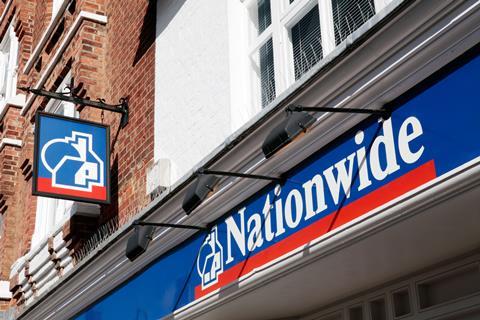One of the biggest high street lenders has championed the provision of upfront information in the homebuying and selling process – telling a conveyancing podcast that it could reduce the risk of mortgage offers being withdrawn.
Robert Stevens, head of property risk at Nationwide, told the Digital Property Market Steering Group’s podcast, Property with a View, last week that Nationwide collects as much digital information as it can to inform its decision on a mortgage offer. If an offer is made, ‘we’re as certain as we can [be that] there aren’t going to be any problems that come out post-mortgage offer, which would mean we then have a challenge around whether we can still lend or not’.
The more information that can be collected upfront, ‘the easier it is to be more certain around our decision’, Stevens said.
Asked by host Mike Harlow, HM Land Registry's deputy chief executive, if it is theoretically possible for all the property information to be available upfront, Stevens said some data on properties can always be available upfront: whether the property is leasehold or freehold, the service charges and works pending, for example. A greater movement towards material and upfront information on property listings will provide ‘richer data’ to inform lender decisions.

Read more
Having upfront information on ‘facts’ about the property could help lenders get ahead of the conveyancer’s report and iron out issues beforehand, Harlow suggested. ‘That’s where we come back to data being key. It’s the golden thread through this conversation. The better the data, the more it is available upfront, the less these issues become a problem,’ Stevens replied.
On why ‘property logbooks’ have yet to become an everyday occurrence, Stevens said it came down to people knowing logbooks are worthwhile doing. ‘We don’t move house particularly regularly in this country. If you knew it was worth having that information because it would halve the time it took you to move house, there would definitely be more incentivisation for you to retain that information.
‘At the moment, you get a new boiler, you get the certificates, you put them in a drawer, and you forget about them. And then, 10 years later when you come to move house, you’ve either thrown them away or you can’t remember where you put them. So, when the conveyancer asks you for them, and you say “I don’t know where they are”, you have to start again.’
This article is now closed for comment.



























20 Readers' comments